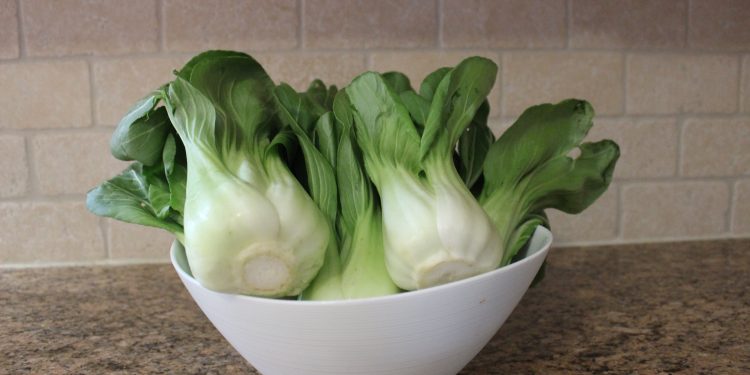By Sierra Fawn Guay, MS, RDN, LDN, CBIS
The brain has many functions. Of these, memory is perhaps the most affected by oxidative stress. Oxidative stress is caused by an imbalance of free radicals and antioxidants.
Free radicals are highly reactive, unstable molecules that are formed naturally in the body, including during the use of oxygen. Free radicals are also formed in a variety of conditions including aging, smoking, exposure to pollution, excessive alcohol intake, and intake of trans fats, saturated fats, and sugar.
Normally, free radicals are managed by substances called antioxidants. Antioxidants help stabilize free radicals, thus rendering them safe. When free radical formation exceeds antioxidant stores, a state of oxidative stress occurs. In oxidative stress, free radicals can cause cell damage. The brain uses a large amount of oxygen and is, therefore, particularly vulnerable to oxidative stress. Cell damage in the brain can lead to many issues including memory loss.
To help combat oxidative stress and preserve memory, it is essential to both decrease free radical formation and increase antioxidant stores. The diet is an important tool in combating oxidative stress. Reducing dietary intake of trans fats, saturated fats, and sugar can help decrease free radical formation. Follow these quick nutrition tips:
- Trans fats are also called partially hydrogenated oils. Read nutrition labels and avoid foods that contain these.
- Saturated fats are solid at room temperature. Use liquid fats (like olive oil) in place of saturated fats whenever possible.
- According to the American Heart Association, men should eat no more than 36 grams of added sugar per day; women no more than 25 grams. Read nutrition labels to determine how much added sugar is in your food.
It is also essential to increase antioxidant stores in the body. To do so, eat a diet rich in foods that contain antioxidants. Common sources of antioxidants in the diet are fruits and vegetables. It is no coincidence that both the Mediterranean and Mediterranean-DASH Intervention for Neurodegenerative Delay (MIND) diets emphasize adequate fruit and vegetable intake; both diets are thought to promote good brain health.
While it can be tempting to focus on intake of a single antioxidant or to take antioxidant supplements, it is ideal to obtain antioxidants through a balanced diet of real foods. The general recommendation is to eat a wide variety of fruits and vegetables each day. A recipe for one antioxidant-rich vegetable is shown below.
Did you know?
The MIND diet recommends eating at least one serving of leafy green vegetables per day. One serving of leafy green vegetables is equal to one cup raw of 1/2-cup cooked.
Sautéed Bok Choy
Ingredients:
- 1 lb baby bok choy
- 1 tbsp olive oil
- 1 tsp bouillon (more to taste)
- Pepper, to taste
Instructions:
- Cut the bottoms off the bok choy and discard. Separate and wash remaining pieces. Heat oil in pan. Add bok choy, bouillon, and pepper. Cook until leaves are wilted and stalks are softened. Enjoy!
Sierra is a registered dietitian who works with brain injury survivors in Greenville, North Carolina.











